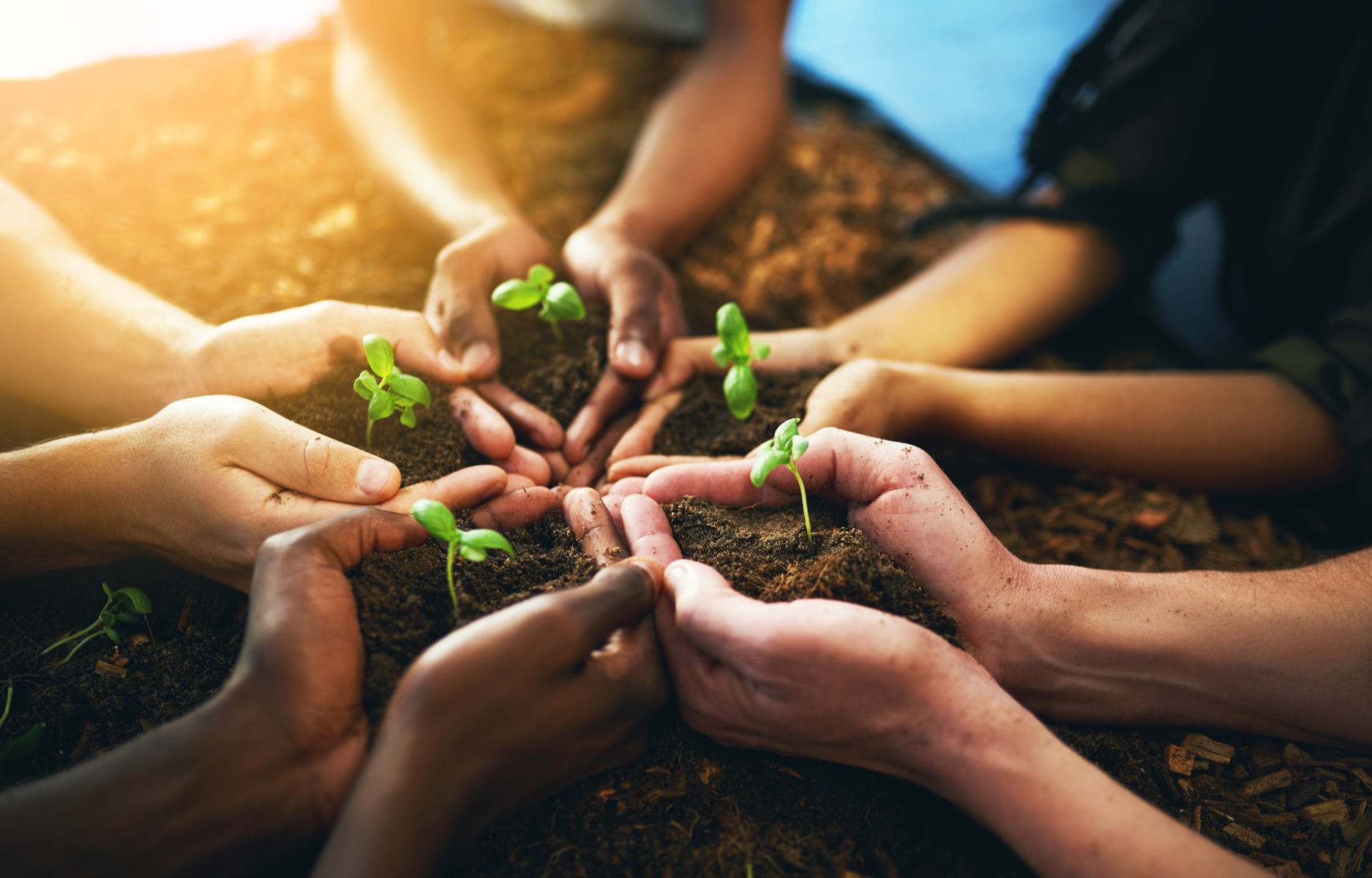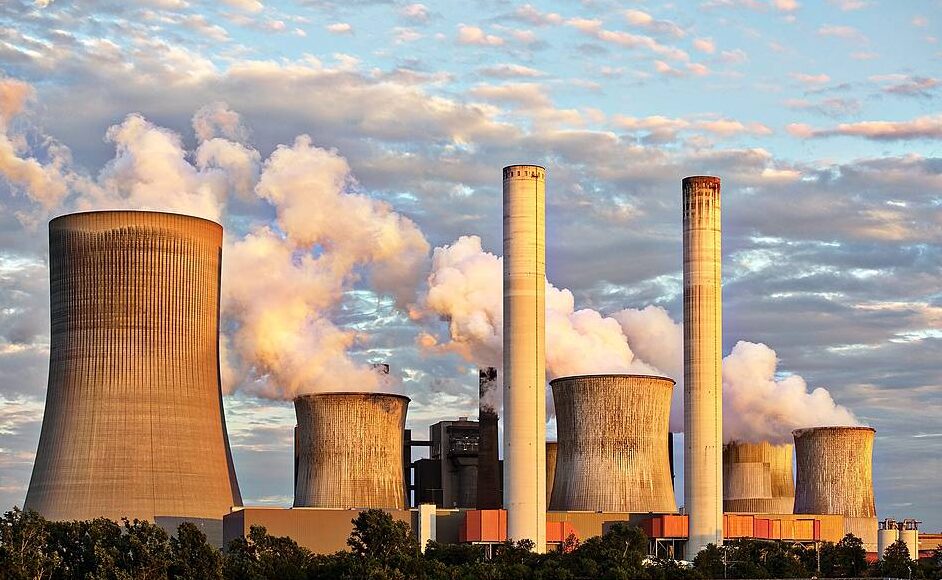Sustainability is increasingly used as a marketing tool to demonstrate that organisations are “doing the right thing” and working to improve our lives and the habitability of the planet. This is generally a good thing – it increases awareness and has the capacity to raise standards everywhere. There are problems, however, and one of them relates to the impact that the demand for electric vehicles, computers, laptops, mobile phones and other technologies is having on the bottom rungs of the supply chain. Claims are sometimes made that the supply chain is sustainable from source to product. There is increasing evidence that this is not the case in some very important sectors.
Many of the poorest and most conflict-ridden areas of the world are the sources of the most needed minerals and heavy metals in particular. The Democratic Republic of Congo is only one example of a country which holds many of the most in-demand metals, including tantalum, tungsten, tin and gold (used in semi-conductors and known as “conflict minerals”), and also cobalt, a key component of nearly all rechargeable batteries, including those used in electric vehicles. Cobalt is required to provide stability and charge retention.
DR Congo has more Co (cobalt) than the rest of the world combined. Its mines were acquired by external companies (mainly Chinese) and the cobalt produced there is used all over the world. While official sources claim that only 15 to 20% of the mining is done by artisanal labour (i.e. by hand, in terrible conditions, without safety equipment or PPE), it is claimed by Siddarth Kara*, after an exhaustive investigation, that virtually all of the mines are worked in this manner. Where industrial methods are used, they are combined with artisanal work.
“You have to imagine walking around some of these mining areas and dialling back our clock centuries,” Kara says. “People are working in subhuman, grinding, degrading conditions. They use pickaxes, shovels, stretches of rebar to hack and scrounge at the earth in trenches and pits and tunnels to gather cobalt and feed it up the formal supply chain.”
Tunnels collapse, there is exposure to toxic cobalt dust, high temperatures, disease, physical hazards and noise. The landscape is devastated and local communities live beside the mines and are exposed to cobalt dust from birth. A study in The Lancet reported that women in mining areas of DRC “had metal concentrations that are among the highest ever reported for pregnant women….paternal occupational mining exposure was the factor most strongly associated with birth defects.”
We can expect to see a major increase in the demand for cobalt as the EV market expands. Demand for other metals and minerals is also likely to increase, although the reuse, recycling and recovery of metals may eventually have a significant impact. It appears, however, that claims of a sustainable supply line for some of these metals need further investigation and where necessary, a demand for change from those at the top of the chain.
Note: Apple announced in 2021 that it had ceased purchasing cobalt from Congo. It has undertaken to adhere to this policy until cobalt suppliers can provide the necessary assurances regarding worker protection standards and abstention from using child labour.
References:
- * Siddarth Kara: is an American academic, author and expert on modern-day slavery and human trafficking, child labour, and related human rights issues. He is a British Academy Global Professor, an Adjunct Lecturer in Public Policy at the Kennedy School of Government at Harvard University and the University of California, Berkeley, and an associate professor at the University of Nottingham.
- Cobalt Red: How the Blood of the Congo Powers Our Lives Siddarth Kara
- For Your Phone and EV, a Cobalt Supply Chain to a Hell on Earth Yale Environment 360 – By Jocelyn C. Zuckerman March 30, 2023
- How ‘modern-day slavery’ in the Congo powers the rechargeable battery economy: Terry Gross on NPR
- The dangers of cobalt mining in the Congo: Harvard School of Public Health
- ‘Here it is better not to be born’: Cobalt mining for Big Tech is driving child labor, deaths in the Congo: Louise Boyle writing in the Independent February 2023








